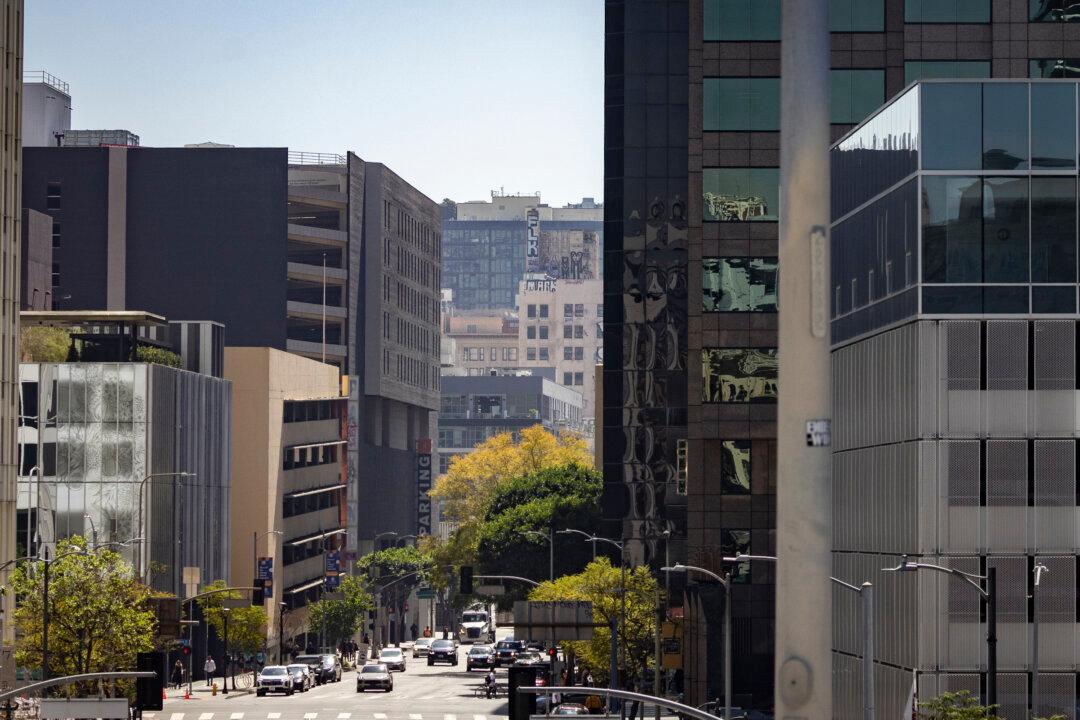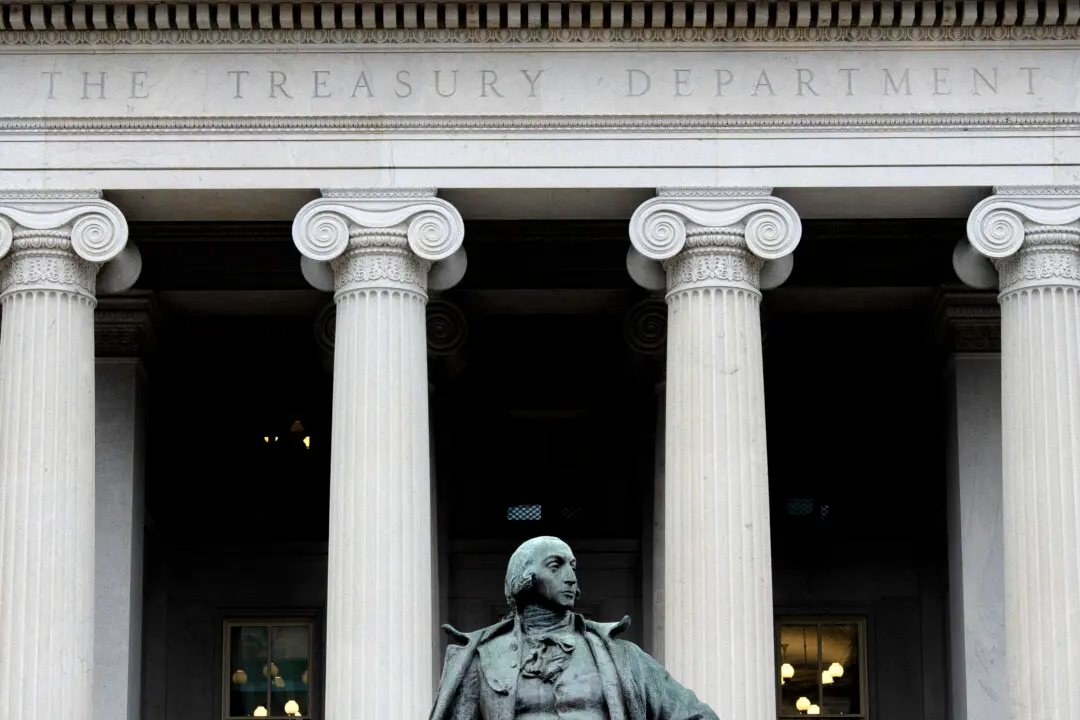S&P Global Ratings has downgraded Los Angeles’ bond ratings due to a worsening financial situation and a structural imbalance, as the city attempts to manage a nearly $1 billion budget deficit by cutting certain expenses in its 2025-26 budget. The downgrade could lead to higher borrowing costs for the city.
The credit rating agency said in an April 25 statement that it lowered the city’s general obligation bonds from AA to AA-, and also downgraded the Municipal Improvement Corp. of Los Angeles’s lease revenue bonds, used to finance projects and equipment, from A+ to AA-. S&P said there could be further downgrades if the city does not address its fiscal problem.





